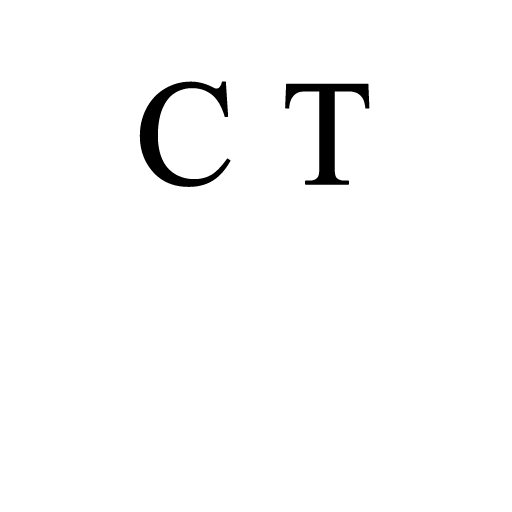Given how common a power law is in the real world out here it’s not all that much of a surprise that Steam’s games sales tend to follow one such power law. This is pretty much what we find in nature – the weight of life based upon position in the feeding network for example – and also what we see in book, music and other sales figures. A fairly common thing to be happening therefore not all that an uncommon thing to observe:
SteamSpy has revealed the top 20 best earners on Steam for 2017. According to the service, they almost earned as much money as the rest of 21000 games on Steam. While not 100 per cent correct, these numbers are the best estimate up to date.
How many games there are on Steam isn’t something we can use theory to predict. Nor which of them are going to be successful (and I write as someone whose script for one of them appears not to have driven great success). But that the successful ones will drive the majority of sales, yes, this is what we would expect.
Power laws have a distinct relationship to Pareto’s Law – in fact, they’re a subset of that over arching finding. Or, perhaps, the Pareto Principle:
The Pareto principle (also known as the 80/20 rule, the law of the vital few, or the principle of factor sparsity)[1][2] states that, for many events, roughly 80% of the effects come from 20% of the causes.
It’s often more useful for us to note variations from this idea than it is to ponder distributions themselves. 20% of the people usually own 80% or more of the wealth for example, or gain more than 80% of the income. The basic idea of the 80/20 split is unremarkable, it’s the variance from it which we should consider.
Thus Steam’s sales findings aren’t all that odd:
Steam revenue in 2017 is estimated to have hit $4.3 billion, half of which can be attributed to just 100 titles out of the over 21,000 available on the service.
Speaking during a GDC 2018 panel, SteamSpy’s Sergey Galyonkin said the $800 million revenue increase over 2016’s $3.5 billion made 2017 Steam’s biggest year yet. And the $4.3 billion in revenue doesn’t take into account sales of DLC, in-app purchases or microtransactions.
Out of the over 21,000 titles available on the Steam service (7,696 were released in 2017), the biggest earner was PlayerUnknown’s Battlegrounds. According to Galyonkin’s estimates, PUBG has been purchased by 28 million Steam users,generating $600 million in revenue (thanks, Gamasutra).
As is normal with such power laws the effect is granular. The very top performer will gain much more than those just below it, as the top 10 will gain vastly more than those just below them and so on. We see very much the same thing in movie receipts again showing that this isn’t something unique to games or even unusual.
Actually, this is what we would predict before we even looked at the numbers. The majority of revenues will come from some small number of top sellers, within the top sellers incomes will also accrue largely to the top few. That’s just the way the world so often works.




I find power laws fascinating. It’s proof to me that however much people try to equalize wealth (or whatever) they’ll never manage it, and make things only worse. Just a different subset of people end up with all the wealth.
20% of the people usually own 80% or more of the wealth for example, or gain more than 80% of the income.
So they should write some really bad games that don’t earn any money in order to push up the earnings of all their other games?
It is such an interesting law – and even more so because Pareto might or might not have been fond of the Fascists. Is it true for Communist societies? I bet it is. So it is interesting to see it in the world of computing.
This seems a consequence of Sturgeon’s Law.
SMFS – By all means, distribution of wealth under all the overtly egalitarian governments we know about is hugely biased in favor of those claiming to be doing the equalizing.
Discovered the Pareto principle early on in my career and it has served me well.
The Steam platform is as good – or better – at killing startups as it is at promoting the top earners. The problem is to survive a few highly critical reviewers who call everything crap. Those bastards have killed off many a great game that doesn’t have the ultimate in polish. It’s like you can grow up to be a billionaire, provided you aren’t aborted, and the abortionists hunt in vast packs.